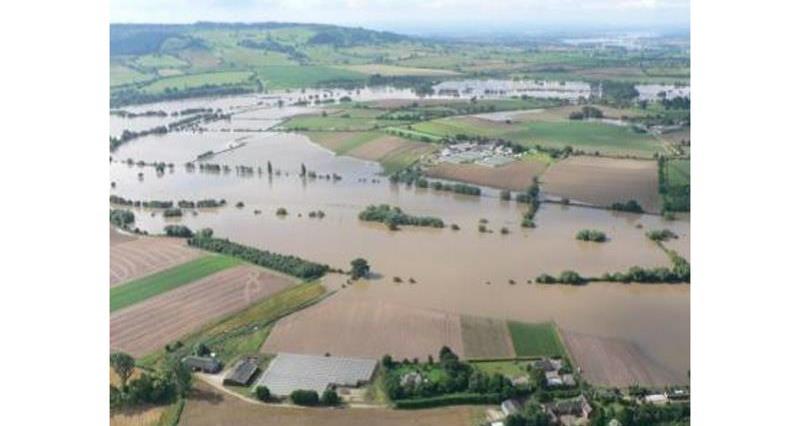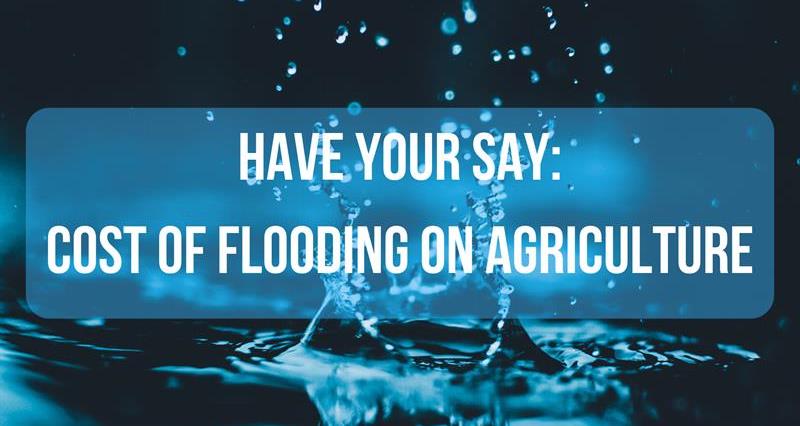Professor Joe Morris, leading on the agricultural aspect of the study says:
"Flooding can have a devastating effect on farmland as the recent events in Yorkshire, Lincolnshire and Derbyshire have shown. Crops are destroyed, livestock lost or injured, buildings, contents and machinery damaged, and land degraded and strewn with debris. The result can be a serious loss of income, with high damage and remedial costs. The disruption and the stress to farmers, their families and the workforce often continue long after the flood waters have receded.
"Major events, such as the Summer 2007 floods particularly affecting the North Eastern England and the West Midlands, and the winter 2013/14 floods affecting Yorkshire and Somerset resulted in total economic damage costs to agriculture alone of over £62 million and £22 million respectively in today’s prices. While it is true that agricultural damage costs tend to be a small proportion of the total costs of major floods that also affect houses and commercial properties in urban areas, they can be extremely high for individual farms and farming communities. In some cases costs have exceeded £200,000 per farm. Much of this damage is not insurable under present arrangements.

Flooding on the River Avon, Worcestershire, summer 2007 caused extensive damage and disruption to farming
"It is important, therefore, that agricultural flood damages are properly accounted for when the Government makes decisions about future funding of flood risk management. Climate change is increasing the probability of flooding and this may warrant higher levels of protection for farmland in some areas. At times, however, farmland may be purposely flooded to avoid damage to urban areas, which raises questions of compensation for farmers.
"In this context, a new research project commissioned by the Environment Agency ( led by Risk & Policy Analysts Ltd (RPA), along with Royal HaskoningDHV, Morris Resource Economics Ltd and JB Chatterton & Associates) is assessing the economic costs of flooding during the period 2016 to 2020 across all sectors, including agriculture. The purpose is to extend the evidence base to support flood damage estimation and guide future Government investment.
"In order to ensure that agriculture is properly represented, we would like to hear from farmers and their representatives who have experienced serious flooding on their farms during the 2016-2020 period with a view to assessing impacts and costs."
If you would like to take the opportunity to take part in the study and tell your story about how you have been impacted by flooding in 2016-2020 then please complete this questionnaire and return it to Prof Joe Morris at: j.morris@m-res.co.uk by 26 June 2020. All information will be treated in confidence.
